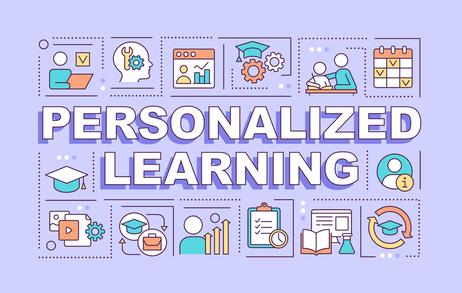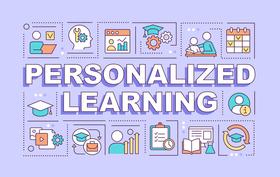Personalized Learning: Revolutionizing Education for the 21st Century
As a teacher, classical musician, and writer, I've always been fascinated by the art of teaching. How we educate our young people shapes not just their futures but also the very fabric of our society. That's why I'm excited to write about Personalized Learning (PL) - an approach causing quite a stir in educational circles.
Now, before you roll your eyes thinking this is just another educational fad, hear me out. Personalized Learning isn't entirely new. In fact, I think it shares a lot of DNA with Maria Montessori's "follow the child" philosophy. But what's different now is how we can implement it, thanks to the tech revolution you and I are living in.
What is Personalized Learning?
So, what exactly is Personalized Learning? In a nutshell, it's about tailoring education to each student's unique needs, skills, and interests. It's moving away from the one-size-fits-all approach that's been the norm for far too long. And let's face it, we need this change. Our current system, constricted by its rigid pacing and mandated standardized testing, is leaving too many kids behind or bored out of their minds.
The key components of Personalized Learning are pretty straightforward:
- Individualized learning plans
- Flexible pacing
- Student choice
- Data-driven instruction
- Technology integration
It's about letting kids learn at their own pace, in ways that engage them, while using data to guide instruction. Sounds great, right?And the benefits? They're substantial. We're talking about improved student engagement (no more














